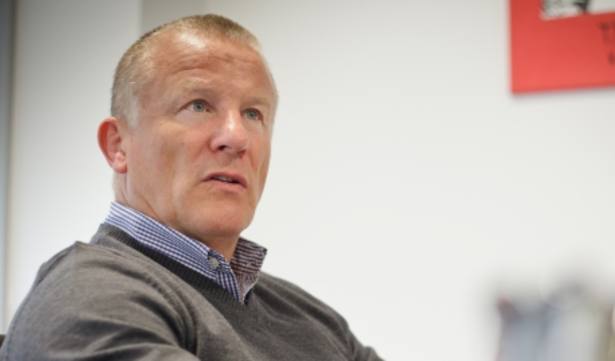
British banks are expected to be the most reliable source of dividends in the months ahead, despite the sector having to battle with an overriding sense of mistrust from investors.
UK banks are still haunted by the events of the 2008 financial crash when many were on the verge of collapse, with the likes of Lloyds and RBS being bailed out by taxpayers.
Investment banking divisions have also come under intense scrutiny over the years as many blamed investments in risky mortgage-backed securities for the financial collapse.
Michelle McGrade, chief investment officer of TD Direct Investing, admitted UK banks are still out of favour with investors as they are forced to deal with the “gremlins” of the financial crisis.
However, she said banks are beginning to return to stronger financial health as the economy continues to grow comfortably, and many banks are expected to provide solid long-term capital and dependable dividend growth for shareholders.
Ms McGrade said the potential for dividend growth isn’t priced into the shares right now, meaning that when confidence returns to the sector, the shares will no longer be as cheap as they are today.
“Out of favour banks today will be our trusted dividend source in the future,” she added, outlining a number of funds with significant holdings in the financial sector.
Fund | Financials % |
Artemis Global Income | 34.6 |
Schroder Income | 30.9 |
JPM US Equity Income | 30.4 |
Kames Ethical Equity | 28.3 |
Investec UK Special Situations | 28.1 |
Man GLG Japan CoreAlpha | 27.8 |
M&G Global Emerging Markets | 27.0 |
Henderson European Selected Opps | 26.9 |
Old Mutual UK Alpha | 25.7 |
Source: Morningstar Direct as at 28th February 2017
Helal Miah, investment research analyst at the Share Centre, said some of the big banks looked far healthier than others.
He said it was unlikely that RBS, for example, will pay out a dividend in the near future as the firm embarks on a major restructure, adding: “The bank still has a long way to go towards resembling the bank it should be.”
Barclays, he said, was another bank with problems when bearing in mind the hefty fines it paid out in light of PPI and Libor-related issues.
“Its investment banking arm is doing well, but I’m slightly hesitant about whether Barclays will be able to increase its dividend to normal levels.”
However, he told FTAdviser that Lloyds is one of the most actively-traded and well-held stocks among Share Centre investors.
“Maybe it’s because the share is trading for less than a £1, so retail investors see it as a value opportunity,” he said, adding that Lloyds was starting to go back to paying a dividend similar to what they were paying before the financial crisis.
A trading update published today (27 April), revealed that Lloyds had doubled its profits, despite having to fork out £450m in compensation provision.
Meanwhile, Mr Miah said HSBC’s global nature had helped support its attractive dividend, adding: “I think its balance sheet is the healthiest.”
Peter Lowman, chief investment officer at wealth management firm Investment Quorum, said he agreed that the banks are starting look attractive again, despite years of mistrust from investors.





